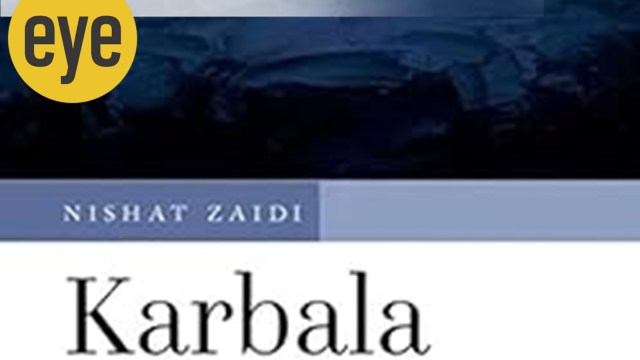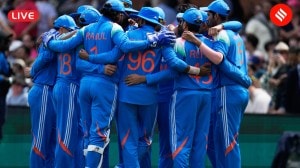Shelf Life: Nishat Zaidi’s translation of Premchand’s Karbala brings to an English-speaking audience the humanism of the pioneering writer
Appalled by the communal discord in the 1920s, Premchand had transformed this seventh-century event into a national allegory
 Karbala, A Historical Play by Premchand. Translated by Nishat Zaidi
Karbala, A Historical Play by Premchand. Translated by Nishat Zaidi Prophet Muhammed’s younger grandson, Imam Hussain, was martyred with his family and clansmen by Caliph Yazid I in the desert of Karbala. This battle between good and evil is also a tale of heroic sacrifice and betrayal, making it a popular literary metaphor in the world of politics — used by everyone from Maulana Abul Kalam Azad to Mahatma Gandhi. Nishat Zaidi’s translation is a new installment in a long tradition of retellings. Agha Shahid Ali’s prose poem, Karbala: A History of the ‘House of Sorrow’, translated the story into a lament for his home in Kashmir. Ismat Chughtai devised a political allegory in Ek Qatra Khoon.
In her introduction, Zaidi says, “In Urdu marsiya… poets have skilfully rendered the story of Karbala in all its lyrical poignancy… Premchand was neither the first writer to undertake a literary rendering of the historical event of Karbala, nor was he the first to indigenise the characters of Karbala.” In the early 1920s, when anti-colonial sentiments were on the rise, Premchand was already an established writer. He was appalled by communal discord and felt it his duty to sensitise Hindus to “the worthy aspects of Islam and Muslims.” In the play’s opening scene, we witness the corruption in Caliph Yazid’s court. Yazid says, “… My grandfather embraced Islam because it fetched him wealth and esteem.” In contrast, Imam Hussain doesn’t tolerate lies and heads to the city of Kufa to keep his word to the people of the city, even when he finds out the odds of him and his family being killed on the way.
Premchand imagined a battle against injustice and corruption and transformed this event from the seventh century into a national allegory. He felt that identities should be defined by humanity rather than geography or rituals. He kept publishing all his writings in Urdu along with Hindi, despite facing resistance. None of his plays have been translated into English, and this first attempt by Nishat Zaidi is an important step to bridge that gap. In these polarising times, plays like these must be read widely and appreciated for their humanism.
Karbala, A Historical Play by Premchand
Nishat Zaidi
Oxford University Press
241 pages
Rs 1695
Ray is the author of Firefly Memories (Copper Coin) and Lessons in Bending (Sundress Publications)



- 01
- 02
- 03
- 04
- 05


























